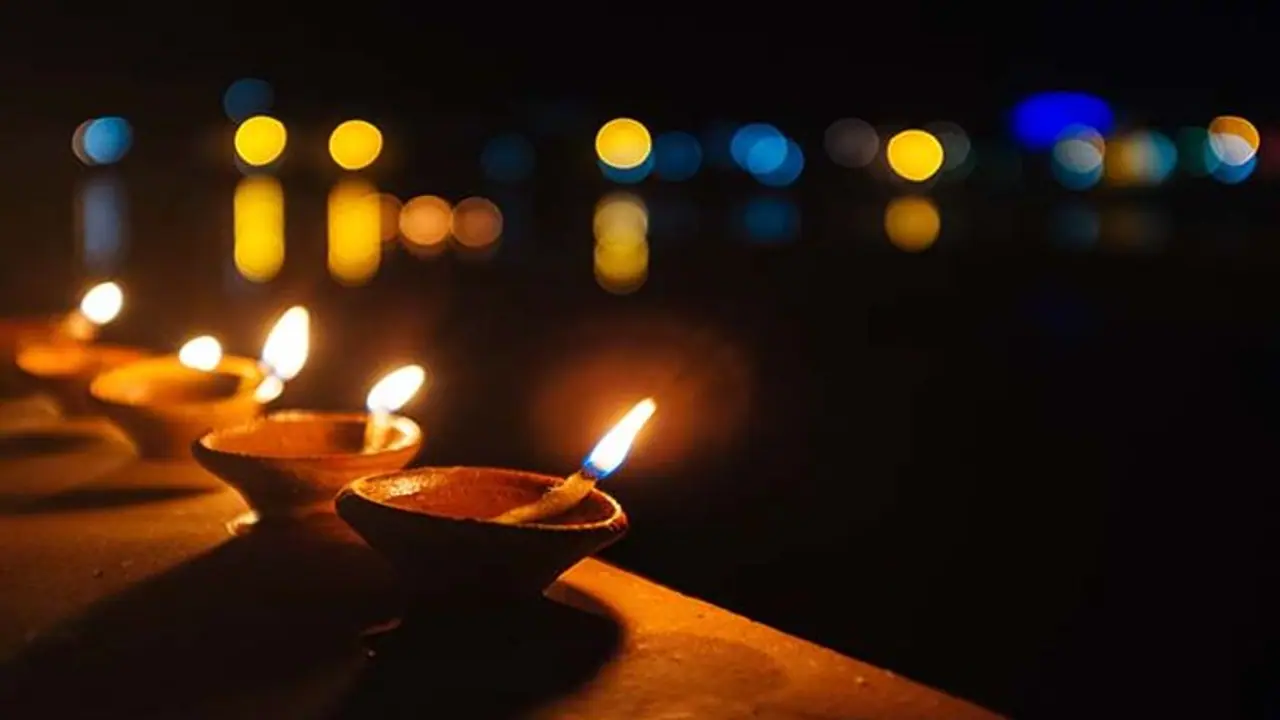Elevate your Diwali celebrations with a meaningful pooja. Explore essential items like diyas, incense, sweets, and more to create a spiritually enriching and joyous atmosphere for the festival of lights.
Diwali, the festival of lights, is a time of joy, gratitude, and spiritual reflection. Central to Diwali celebrations is the pooja, a ritual of offering prayers to seek blessings for prosperity, happiness, and good fortune. In this article, we'll explore the essential items required for a Diwali pooja, guiding you through the traditional and sacred elements that make this celebration spiritually enriching.

1. Diya and Oil Lamp:
Light symbolizes the triumph of good over evil. Diyas and oil lamps are lit to dispel darkness and welcome the divine light into your home. Use brass or clay diyas for a traditional touch.
2. Incense Sticks (Agarbatti) and Dhoop:
The fragrance of incense is believed to purify the surroundings and create a spiritually uplifting atmosphere. Choose fragrances like sandalwood, jasmine, or rose for a calming effect.
3. Rangoli:
Create a vibrant rangoli at the entrance of your home. Use colored powders, rice flour, or flower petals to design intricate patterns, symbolizing prosperity and welcoming guests with positive energy.
4. Puja Thali:
A decorated puja thali holds the essential items for the pooja, including a diya, incense, flowers, and offerings. Choose a thali with intricate designs to add a touch of elegance to the ritual.
5. Sweets and Fruits:
Offer sweets like ladoos, barfi, or kheer, along with fresh fruits, as a symbol of sharing joy and abundance. It's a gesture of gratitude for the bounties bestowed upon you.
6. Holy Water (Gangajal):
Considered purifying, holy water from the Ganges (Gangajal) is often used during Diwali pooja. Sprinkle it on the items for worship and on yourself to cleanse both the physical and spiritual self.
7. Turmeric and Kumkum:
Turmeric and kumkum (vermilion) are used for applying tilak on the forehead of deities and family members. They symbolize purity, auspiciousness, and devotion.
8. Moli (Sacred Thread) and Akshat (Rice):
A sacred thread, also known as moli or kalava, is tied around the wrist during the pooja as a symbol of protection. Akshat, unbroken rice grains, is used for offerings and symbolizes abundance.
9. Coconut:
Offer a coconut to the deity as a symbol of purity, prosperity, and the divine consciousness. It represents the source of all creation and the fulfillment of desires.
10. Bell:
Ringing a bell during the pooja is believed to invite the divine presence and create positive vibrations. The sound is thought to dispel negative energies and enhance spiritual focus.
11. Camphor (Kapoor):
Burning camphor is a significant part of the Diwali pooja. The fragrant smoke is believed to purify the environment and symbolizes the burning of ego and worldly desires.
12. Idol or Image of Deity:
Place an idol or image of the deity you worship at the center of the pooja. Decorate it with flowers and offer prayers with reverence and devotion.
A Diwali pooja is a sacred tradition that brings families together in prayer and gratitude. By incorporating these essential items, you infuse the ritual with meaning, tradition, and spiritual significance. May your Diwali pooja be filled with light, love, and the blessings of prosperity and joy.
